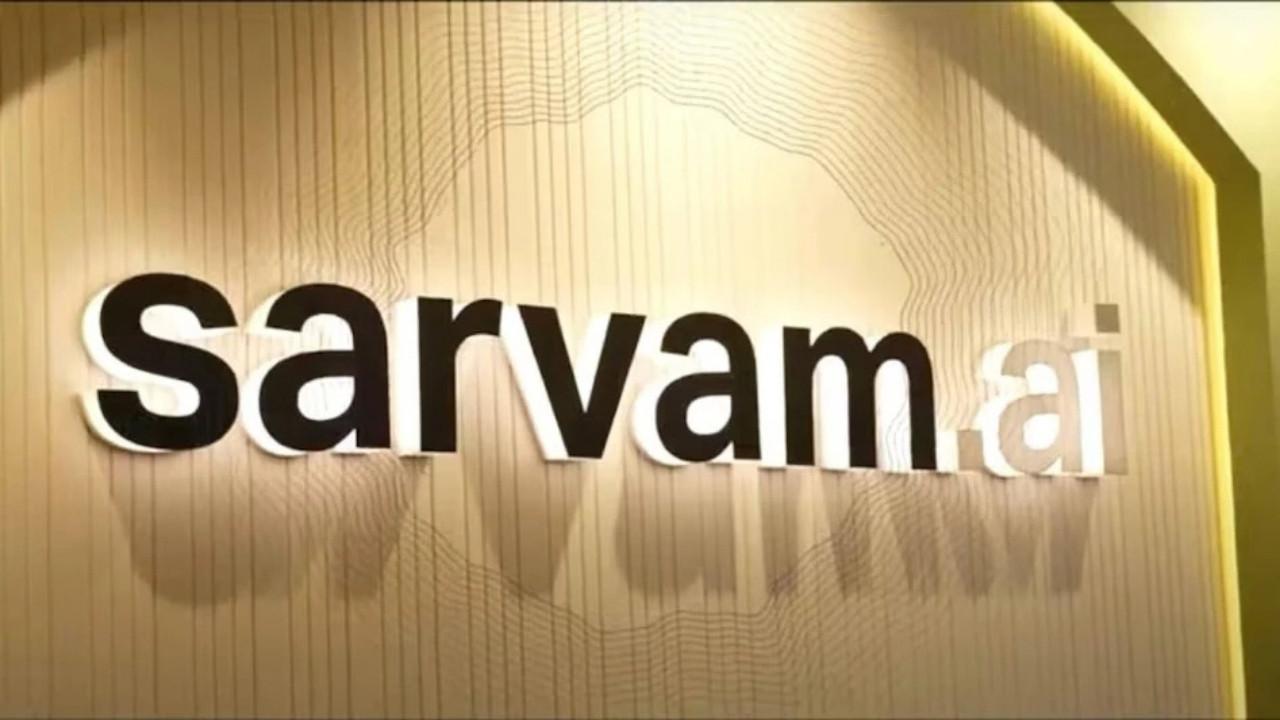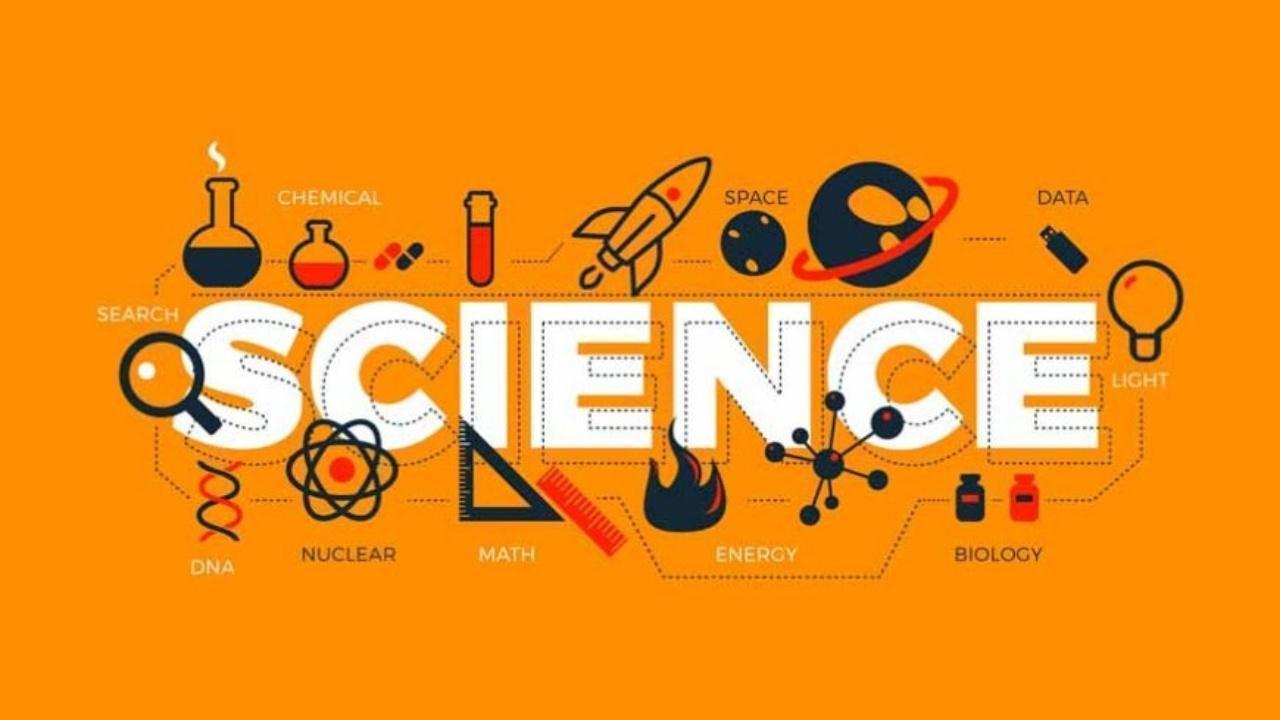You have not yet added any article to your bookmarks!

Join 10k+ people to get notified about new posts, news and tips.
Do not worry we don't spam!

Post by : Anis Farhan
Technology has profoundly altered the way humans interact. In just a few decades, digital tools have shifted communication from face-to-face conversations and handwritten letters to instant messaging, video calls, and social media. While these innovations offer convenience and global connectivity, they also raise questions about the depth and quality of human relationships. Understanding these changes is crucial to navigating the modern social landscape.
Social media platforms like Facebook, Instagram, Twitter, and TikTok have revolutionized how people share information and connect. These platforms allow individuals to maintain relationships across distances, discover new communities, and express themselves creatively. However, they can also foster superficial interactions, online envy, and decreased attention spans.
Messaging apps such as WhatsApp, Telegram, and Messenger enable real-time communication. They offer convenience but can reduce opportunities for meaningful conversations. Emojis and GIFs partially compensate for non-verbal cues, yet subtle emotions and tone are often lost in text-based exchanges.
The global shift toward remote work has made video conferencing tools like Zoom and Microsoft Teams indispensable. While they replicate visual and auditory cues better than text, prolonged reliance on screens can lead to “Zoom fatigue” and affect interpersonal dynamics over time.
Technology has transformed family and friend relationships. Long-distance communication is easier than ever, allowing families and friends to stay connected despite geographic separation. Video calls, group chats, and shared online spaces help maintain bonds. However, excessive screen time may weaken in-person interactions and reduce empathy.
Dating apps and online platforms have redefined courtship. They allow individuals to connect beyond traditional social circles but also encourage instant judgments based on curated profiles. While some relationships flourish online, the lack of physical interaction can hinder emotional depth and long-term trust.
Social media exposes users to the lives of peers, often highlighting successes and curated experiences. This can lead to social comparison, feelings of inadequacy, and mental health challenges, subtly affecting the quality of relationships.
Remote work tools have changed professional interactions. Collaboration software allows teams to coordinate across time zones efficiently. Yet, reduced face-to-face engagement may impact team cohesion, mentorship, and workplace culture. Building trust and understanding in virtual teams requires deliberate communication strategies.
Professional networking platforms like LinkedIn have redefined career interactions. Opportunities for collaboration, mentorship, and exposure are now digital-first. However, online networking can feel transactional, emphasizing self-promotion over genuine connection.
Technology enables companies to communicate directly with clients and customers through social media, chatbots, and email. While it improves responsiveness and accessibility, automation can depersonalize interactions, requiring careful balance to maintain trust.
Technology has transformed education through online learning platforms and virtual classrooms. Students can access educational resources from anywhere, but the lack of physical presence can reduce social skill development and peer interaction.
Digital tools facilitate group projects and collaboration beyond classroom walls. Shared documents, online discussion boards, and virtual study groups support learning but may reduce opportunities for spontaneous interpersonal exchanges that naturally occur in physical classrooms.
While technology enables efficient communication, it may weaken the emotional connection between students and teachers. Face-to-face mentoring, encouragement, and informal interactions play a critical role in learning and personal growth, which cannot be fully replicated online.
Technology allows people from different cultures and regions to connect instantly. This fosters cross-cultural understanding, collaboration, and exchange of ideas. Global events and social movements gain momentum more quickly through digital platforms, giving individuals a collective voice.
Digital communication has influenced societal norms. Online etiquette, the concept of “going viral,” and the prevalence of instant feedback have reshaped how people express opinions, engage in debates, and respond to criticism. These changes affect personal behavior and broader cultural expectations.
Increased connectivity comes with privacy risks. Social media, messaging apps, and smart devices collect vast amounts of personal data. Awareness of surveillance and data exposure can alter how people communicate and self-express online, sometimes creating hesitancy and guarded interactions.
Excessive use of social media and messaging apps can lead to digital addiction. Constant notifications, the pressure to respond, and continuous exposure to curated content can contribute to stress, anxiety, and social isolation.
Some studies suggest that heavy reliance on digital communication can reduce empathy. Face-to-face interactions convey subtle emotional cues that may be lost online, potentially impacting social understanding and emotional intelligence.
Maintaining a balance between online and offline interactions is key. Technology can enhance relationships, but prioritizing in-person connections and setting boundaries for digital usage helps protect mental health and strengthen interpersonal bonds.
AR and VR technologies are creating immersive experiences for social interactions. Virtual gatherings, events, and collaborative workspaces allow users to feel present in a shared digital space, bridging gaps created by physical distance.
Artificial intelligence enables more personalized communication. Chatbots, translation services, and AI-driven social platforms facilitate understanding across languages and cultures, improving interactions for individuals and businesses alike.
Paradoxically, technology also offers solutions to its own challenges. Apps promoting digital detox, screen time monitoring, and mindfulness encourage individuals to use technology consciously, fostering healthier and more meaningful interactions.
Technology will continue to evolve, further shaping human interaction. While digital tools will expand global connectivity and accessibility, society must adapt to maintain authentic relationships. Encouraging mindful usage, balancing online and offline engagement, and prioritizing empathy will be crucial in preserving the human element of communication.
Emerging trends like holographic communication, AI-assisted social platforms, and VR collaboration may redefine social norms, professional networking, and education. However, the essence of human connection—empathy, trust, and shared experiences—remains irreplaceable, even in a digital-first world.
Technology has transformed every aspect of human interaction. From personal relationships and workplace communication to education and societal engagement, digital tools offer both opportunities and challenges. By understanding these impacts, individuals can leverage technology to enhance their connections while preserving the depth and quality of human interaction. Mindful usage, digital literacy, and conscious communication are essential in navigating this new era.
This article provides a general discussion of the impact of technology on human interaction. It is intended for informational purposes only and does not substitute professional guidance for social, psychological, or educational concerns. Readers should consult experts for personalized advice.










Dalal Street Spotlight: Top 10 Stocks Investors Are Watching as Markets Open on a High
Indian stock markets begin the week with strong momentum, and several blue-chip and mid-cap stocks a

Market Movers Today: Key Stocks Set To Watch In Indian Markets
Indian equity markets are poised for active trading as several major companies, including Bharti Air

Milan Welcomes the World: Inside the Grand Opening Ceremony of the 2026 Winter Olympics
The 2026 Winter Olympics opening ceremony in Milan marked a defining moment for global sport, blendi

Unfolding Market Drama: Sensex & Nifty Trade Volatility Amid Budget Fallout and India-US Trade Breakthrough
Indian equity markets exhibited high volatility this week as the 2026 Union Budget triggered sharp s

Dhurandhar 2 Teaser Countdown Ignites Fan Frenzy: All You Need to Know
The highly anticipated sequel to the blockbuster Dhurandhar is building intense excitement as the Dh

Vietnam Overtakes Thailand as Top Choice for Chinese Tourists
Vietnam has quietly surpassed Thailand as the favorite destination for Chinese tourists in 2025.